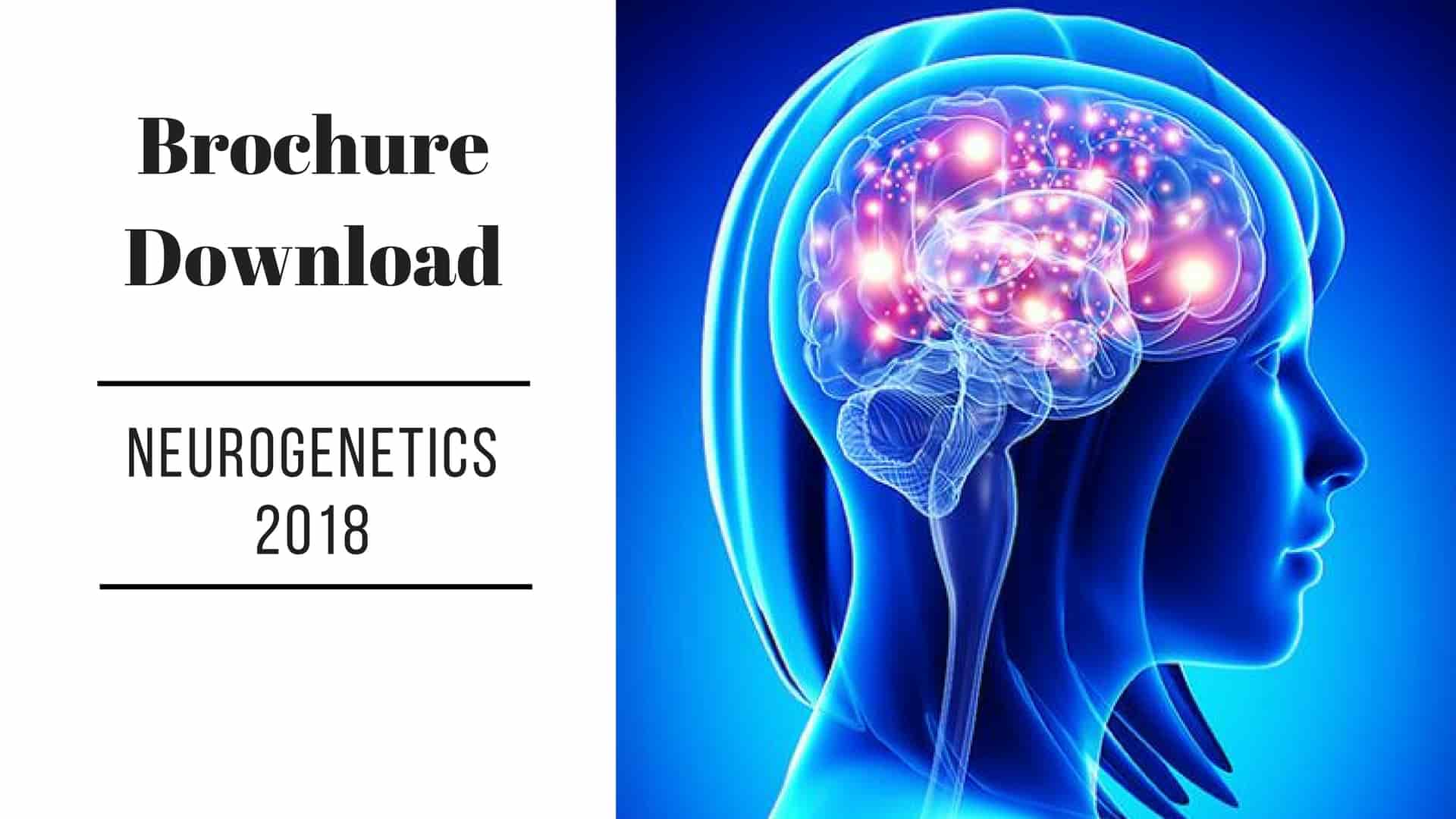
Pousette Farouk
Ain Shams University, Egypt
Title: : Assessment of cognitive functions in middle aged patients suffering from type 1 and type 2 diabetes mellitus
Biography
Biography: Pousette Farouk
Abstract
Background: Complications of diabetes mellitus have always been properly investigated and well known, however, cognitive impairment in young and middle aged diabetic patients needs to be evaluated and emphasized. Objective: To assess and evaluate impairment in different cognitive function domains, and aspects of cognitive and mental dysfunction in type 1 and type 2 young diabetic patients. Subjects and Methods: This study was done in MUST University on 40 patients suffering from diabetes mellitus for a period ranging from 5-35 years, they were stratified into 2 groups: group (A) 20 patients having type 1 DM, and group (B) 20 patients having type 2 DM. All the recruited patients underwent the following: proper history taking, neurological examination, blood pressure and BMI measurement. Laboratory investigations as fasting blood glucose and HbA1c were done. CT brain, and Neuropsychological assessment: using the following batteries: Mini-mental state examination (MMSE), Wechsler scale for memory and Hamilton scale for depression. Results: In type 1 DM: 40% showed mild cognitive impairment in MMSE, 60% showed depression in Hamilton scale with p-value 0.38, 95% impairment in associate learning, 75% in digit span forward, 40% in logical memory, 95% impairment in mental control using WMS. In type 2 DM: 60% showed mild cognitive impairment, 80% had depression, 95% showed impairment in associate learning, 90% in digit span forward, 50% logical memory, and 90% mental control deficit. There is a statistical significant correlation between level of HbA1c (diabetic control) and memory loss with p-value 0.002, however we couldn’t proof statistical significant correlation between glycemic control and MMSE nor with depression. Gender difference showed that 71.4 % of males had depression, 68.4% of females had depression with p-value 0.942 with no statistical significance. Conclusion: young and middle aged diabetic patients suffering from Type 1 and 2 DM have shown to have mild cognitive impairment, depression, memory problems, deficits in associate learning, digit span forward, logical memory and mental control. A negative correlation between level of HbA1c (glycemic control) and memory assessment was found . Evidence suggests that cognitive dysfunction should be listed as one of the many complications of Diabetes mellitus.

